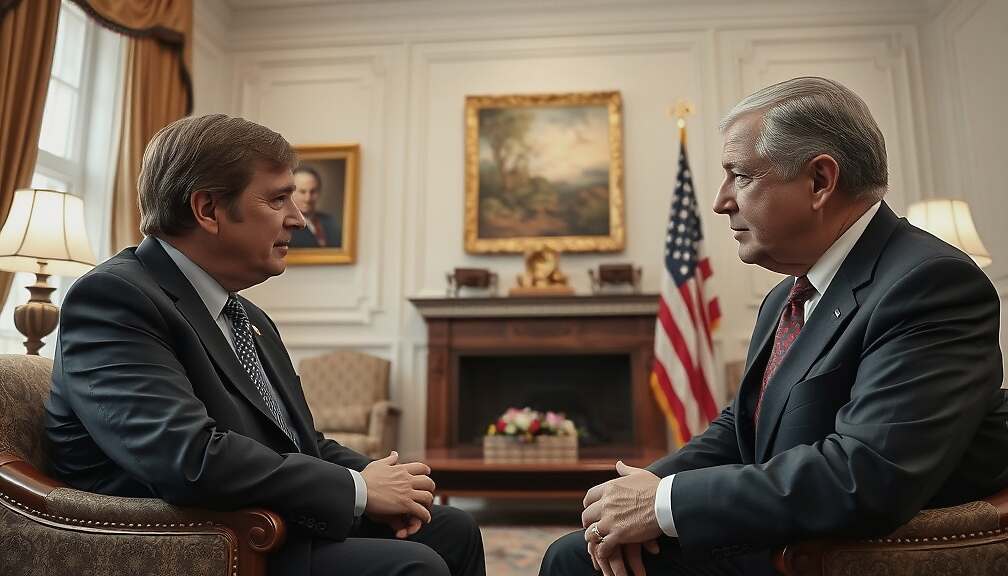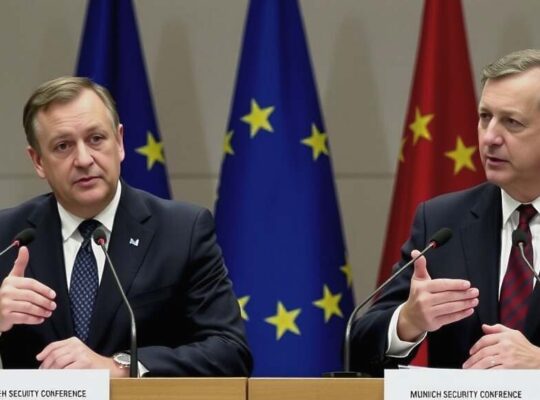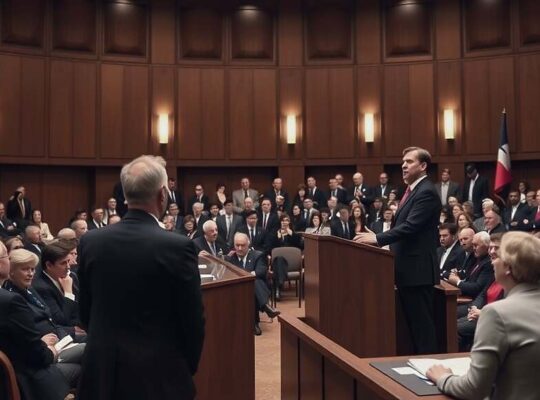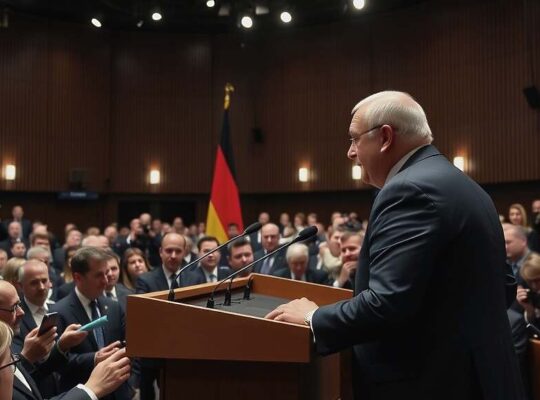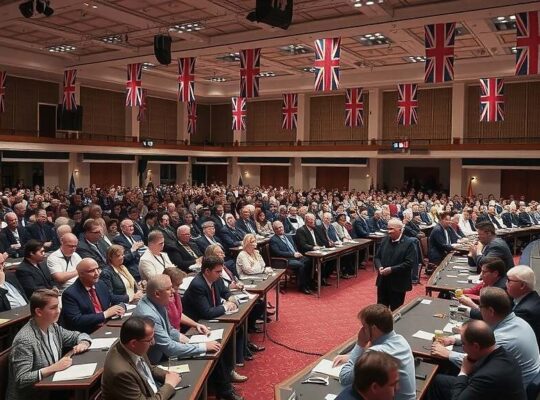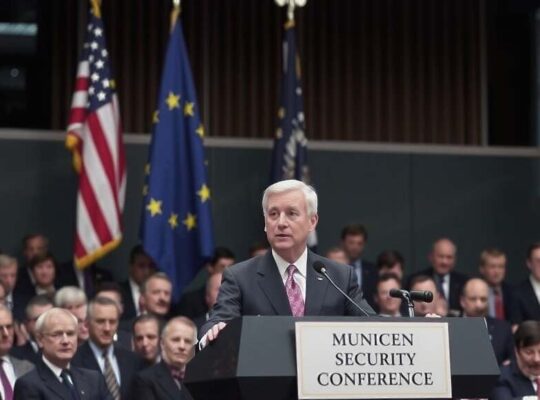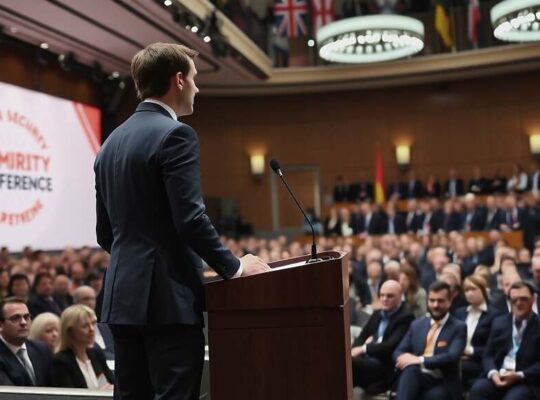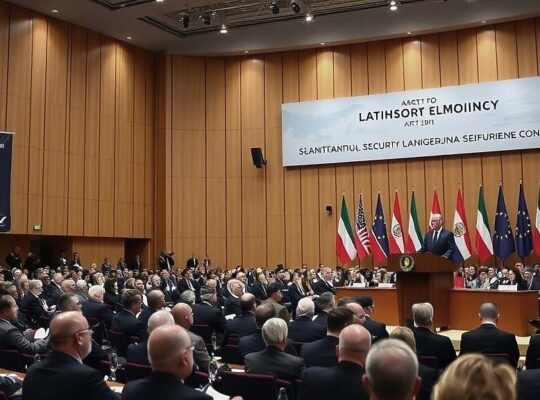Following a virtual conference involving key European leaders, US President Donald Trump and Ukrainian President Volodymyr Zelenskyy, German Chancellor Friedrich Merz has indicated a substantial degree of alignment on principles guiding potential negotiations concerning the future of Ukraine.
Chancellor Merz stated that President Trump demonstrates understanding of and largely shares, European positions regarding the conflict. He emphasized the necessity of Ukraine’s participation in any subsequent discussions, particularly referencing the planned meeting between President Trump and Russian President Vladimir Putin in Alaska on Friday.
The Chancellor outlined a preferred sequence for negotiations – initiating with a ceasefire, followed by a framework agreement addressing essential elements. He confirmed Ukraine’s willingness to engage in discussions regarding territorial questions, stressing that any such negotiations must be based on the current line of contact. He explicitly stated that legal recognition of Russian-occupied territories is not under consideration, reaffirming the principle that borders should not be altered by force.
Robust security guarantees for Kyiv were also highlighted as a crucial component of any potential agreement. Chancellor Merz asserted the need for Ukraine’s armed forces to maintain effective defense capabilities, reliant on continued Western support.
He underscored the importance of a unified transatlantic strategy, stating that this approach would maximize the likelihood of successful negotiations, achieved through continued strong support for Ukraine and sustained pressure on Russia. He also indicated that any lack of progress on the Russian side during the Alaska meeting should prompt increased pressure from both the United States and European nations.
Chancellor Merz expressed hope for a viable agreement, but cautioned that past interactions with President Putin have consistently been followed by escalated military action. He emphasized the necessity of a departure from this pattern to ensure the credibility and effectiveness of any future discussions.
President Zelenskyy corroborated these points, confirming President Trump’s agreement with the stated principles. He specifically highlighted the importance of denying Russia any influence over Ukraine’s future trajectory within Europe and its potential NATO aspirations.
President Zelenskyy also refuted perceptions of Russian success within Ukraine, characterizing claims of potential full occupation as a “bluff”. He further asserted the effectiveness of existing sanctions in hindering the Russian military industry. He maintained that President Putin aims not for peace, but for the occupation of Ukraine, thus necessitating ongoing pressure to achieve a peaceful resolution.


